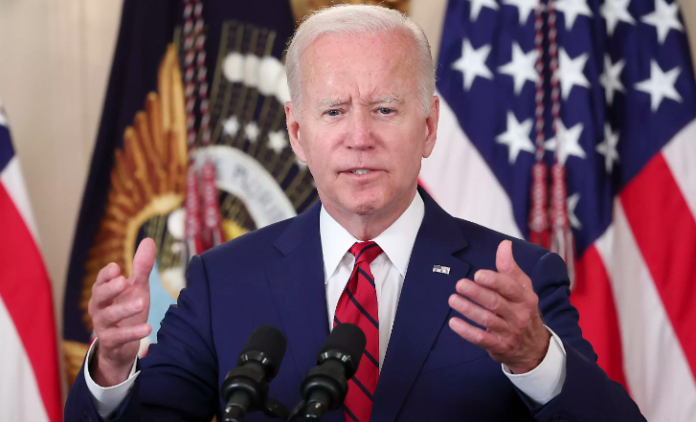The Biden Administration is under pressure to relax marijuana regulations, with support coming from a faction within the law enforcement sector. They argue that existing drug legislation needlessly entangles individuals in the legal process, and the increasing discrepancies between state and federal laws pose challenges for law enforcement agencies and judicial proceedings.
On February 22, Law Enforcement Leaders to Reduce Crime and Incarceration (LEL), an organization comprising present and former law enforcement personnel such as police officers, prosecutors, and correctional officers, issued a public letter to President Biden. In the letter, they urged the reclassification of marijuana from Schedule I to Schedule III under the 1970 Controlled Substances Act (CSA), which would entail less stringent regulation and permit legal prescription of the substance.
The communication highlights the shifting public perceptions regarding marijuana since the enactment of the act and underscores the emerging clash between federal and state legislations on this matter.
While federal law continues to categorize marijuana alongside substances such as heroin or cocaine, 24 states, three territories, and the District of Columbia have opted to legalize its recreational use. According to the group, this divergence complicates law enforcement efforts, hindering their ability to respond efficiently.
In addition to the letter from Law Enforcement Leaders to Reduce Crime and Incarceration (LEL), senators, exclusively Democrats, added to the pressure by advocating for the removal of marijuana from the CSA schedule entirely.
On January 11, they addressed Attorney General Merrick Garland and the Drug Enforcement Administration (DEA), urging for the drug to be essentially decriminalized at the federal level. Their argument centered on the adverse impact of the current scenario on communities, emphasizing that it no longer aligns with popular opinion.
Survey data indicates that more than two-thirds of Americans are now in favor of legalizing marijuana. While public sentiment doesn’t always significantly influence federal policies, the stance of law enforcement officials, including police officers and prosecutors, stating that the current legislation is ineffective, may carry more weight.
Additionally, even the Drug Enforcement Administration (DEA) is currently reassessing the Schedule I classification of the drug, with a decision anticipated in the upcoming weeks.








